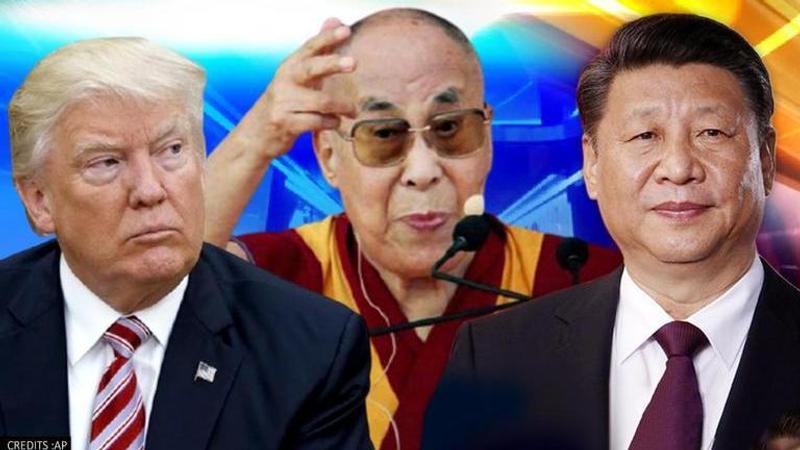Published 18:24 IST, December 22nd 2020
US Congress passes Tibet bill on next Dalai Lama; China warns against signing into law
US Congress on December 21 passed new legislation that reaffirms the rights of Tibetans to choose a successor to their spiritual leader, Dalai Lama.

US Congress on December 21 passed new legislation that reaffirms the rights of Tibetans to choose a successor to their spiritual leader, Dalai Lama. According to South-China Morning Post, the new Tibet Policy and Support Act was moved through Congress as an amendment to this year’s $1.4 trillion government spending bill. The legislation will prohibit China from establishing any new consulates in the US until Washington is granted its own diplomatic outpost in Tibet.
The bill will direct the US government to issue economic and visa sanctions against any Chinese official deemed “complicit in identifying or installing” a government-approved candidate to succeed the Dalai Lama, who is the region’s 85-year-old spiritual leader. While Lobsang Sangay, who is the PM of the Tibetan government-in-exile, welcomed the new policy, China, on the other hand, called the bill an attempt by US lawmakers to undermine Beijing’s sovereignty. China also insisted that the Dalai Lama’s reincarnations must “comply with Chinese laws and regulations”.
In a press briefing on Tuesday, Chinese foreign ministry spokesperson Wang Wenbin said that China accused the US of meddling in its internal affairs. He also warned the United States against signing the legislation into law. Wenbin said, “We urge the US to refrain from signing into law these negative clauses and acts, lest it further harms our further cooperation and bilateral relations”.
The US legislation, on the other hand, called for the establishment of a US consulate in Tibet’s main city of Lhasa. Apart from this, restricting official travel for Chinese government staff and indefinitely freezing their overseas assets in the US are all recommended in the Bill, as per the Global Magnitsky Act. Further, the legislation also proposes a “regional framework on water security” and greater participation from the community in dialogue with China on monitoring the region’s environment.
Who is the Dalai Lama?
Dalai Lamas are believed to be patrons and saints of Tibet and they follow a long history of religious inclination who are highly revered for their wisdom, non-violent principles and faith by people from all religions across the world.
The 14th Dalai Lama, Tenzin Gyatso, was born in Tibet in 1935 and was formally trained in the school of Tibetan Buddhism. Shortly after being chosen as the spiritual leader to guide the self-autonomous region of Tibet by its people, he was quickly sent to exile, amidst the 1959 Tibetan uprising against Chinese oppression. He fled to neighbouring India on March 30, 1959, where he currently lives.
Updated 18:23 IST, December 22nd 2020




